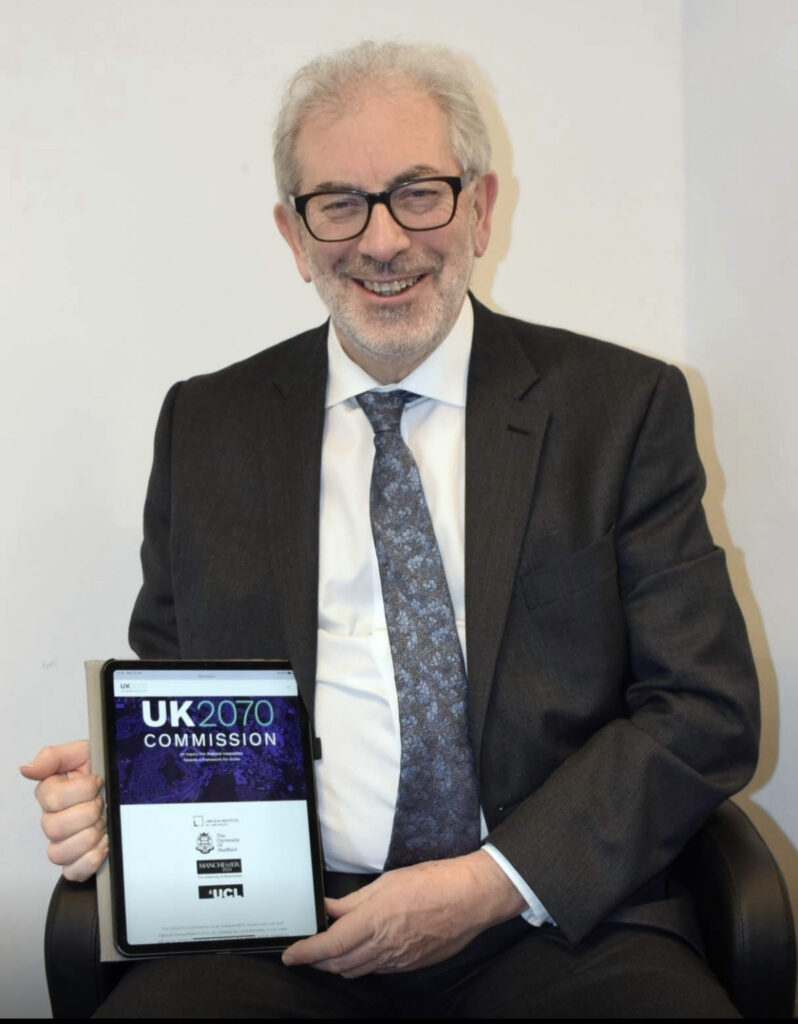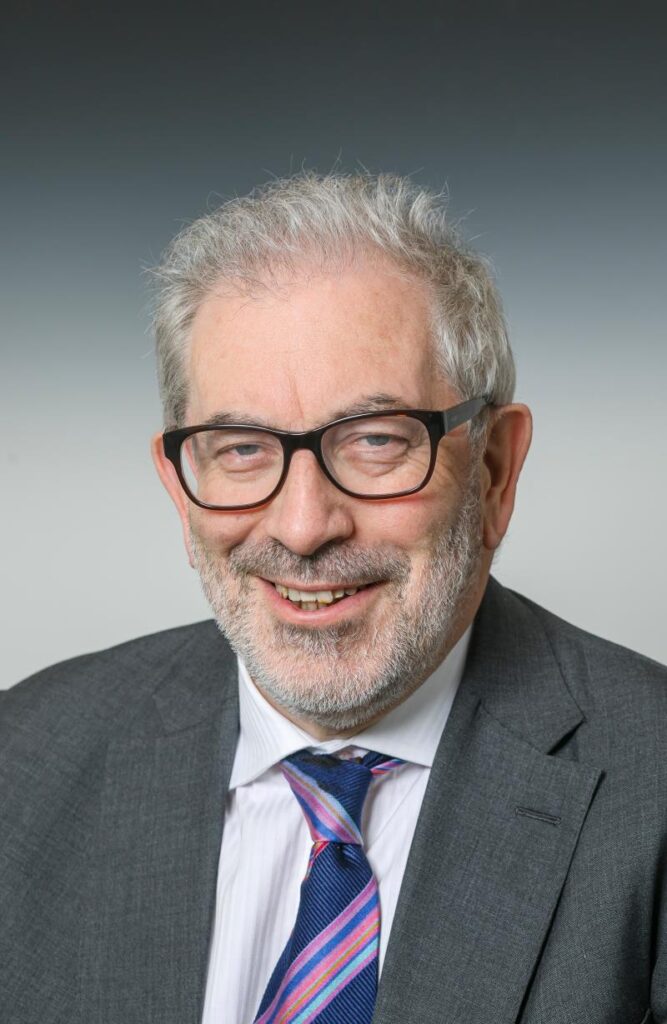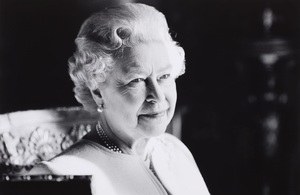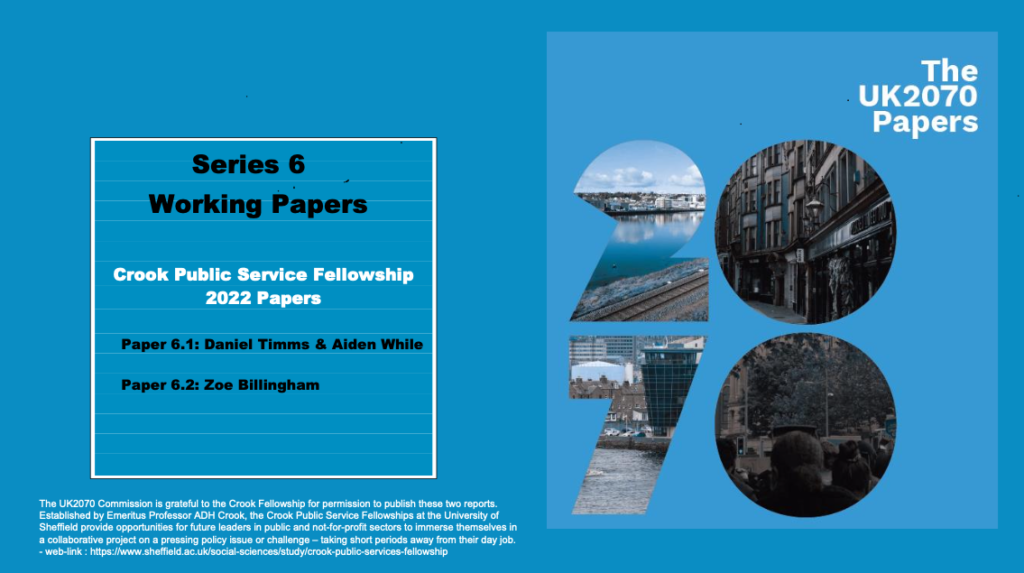Teesside University’s dedication to global sustainability initiatives has been further solidified following a trade mission to South Africa which resulted in a new research and teaching partnership.
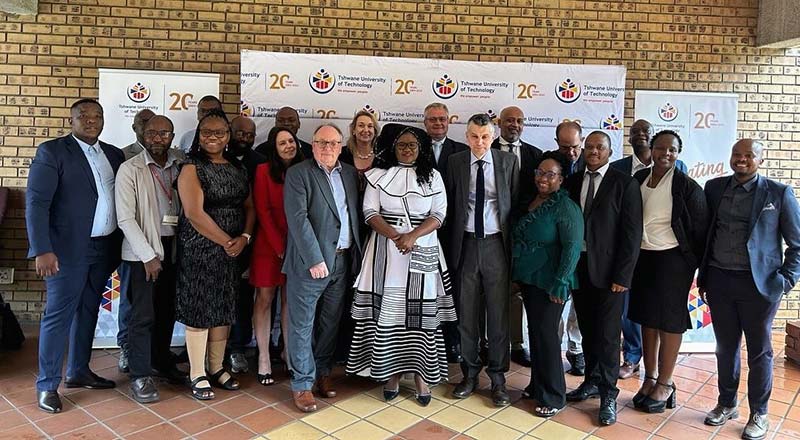
The visiting delegation from Teesside formed part of the UK2070 Commission’s Taskforce programme and set out to highlight the University’s and the Teesside Taskforce’s commitment to deepening academic and commercial ties between the UK and South Africa.
The UK2070 Commission is an independent inquiry into national and regional inequalities in the UK. In 2020, as part of the Commission, a Teesside Taskforce was set up to examine how certain sectors could increase quality job opportunities in the Tees Valley, with a framework focussed on green growth through global partnerships.
This latest mission to South Africa, co-led by Taskforce Chair Professor Michael Henson and Vice-Chair Professor Steve Cummings, marks the seventh expedition facilitated by this partnership, each laying critical groundwork for robust academic and trade relationships.
These missions have not only strengthened ties with several South African universities but have also opened avenues for joint research and innovative solutions to address urgent global challenges. Building on the momentum of previous engagements, including the 2023 visit by South African delegates to Teesside’s Net Zero Industry Innovation Centre, the latest mission involved site visits in Mpumalanga and discussions with organisations including the Presidential Climate Commission and the Department for Science and Innovation.
Through this latest mission a partnership with Tshwane University of Technology was formalised through a Memorandum of Understanding. This partnership is set to enhance joint research and teaching efforts, including joint PhDs, and offer extensive opportunities for student placements and projects.
Professor Michael Henson, Chair of the UK2070 Taskforce Programme, said: “Our partnerships extend beyond mere formal agreements; they are motivated by a shared commitment to a sustainable future. The UK2070 Taskforce programme is critical in our international endeavours, demonstrating the powerful effect of global cooperation in addressing the most urgent challenges facing the world.”
Dr Vathi Papu-Zamxaka, the Deputy Vice-Chancellor for Research, Innovation & Engagement at Tshwane University of Technology added: “The Tshwane University of Technology is delighted to collaborate with UK2070 Taskforce and Teesside University to bridge the gap between academia and real-world application, fostering growth and development.”
Through these sustained efforts, Teesside University continues to stand at the forefront of international education and research, driving forward the global sustainability agenda.
Professor Steve Cummings, Pro Vice-Chancellor (Research and Innovation), reflected on the University’s role in these global initiatives, “Teesside University is committed to fostering academic and research excellence on a global scale. I am thrilled to see our ongoing partnerships in South Africa flourish, combining our collective expertise to pave the way for a sustainable and prosperous future.

